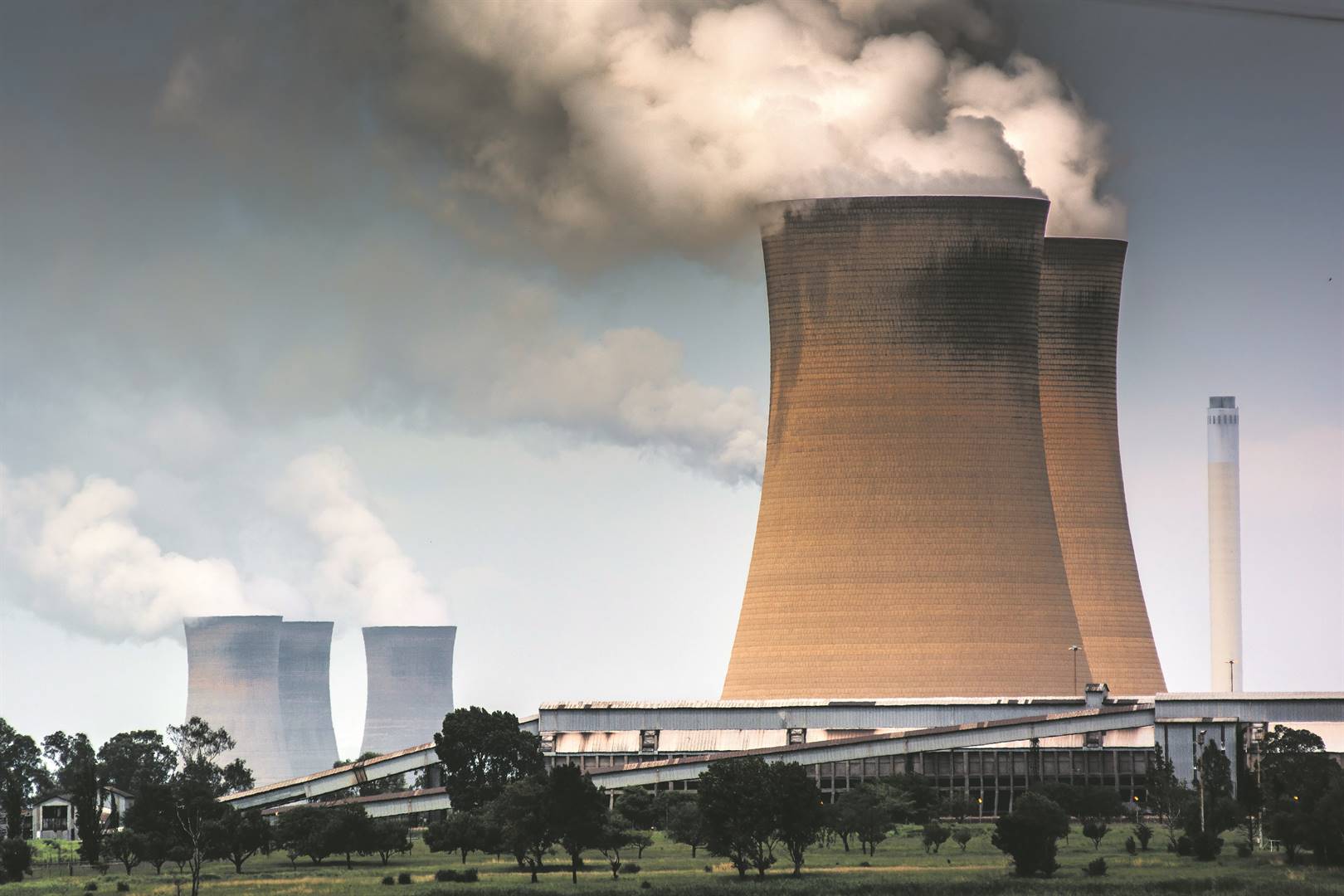
While Africa is grappling with a pressing air pollution problem driven primarily by human activities, especially in major industrial and economic sectors heavily reliant on fossil fuels, Eskom's coal plants in Mpumalanga have been singled out for their adverse impact on the environment and public health.
This is according to a Greenpeace Africa report released on Thursday, which sheds light on the continent's air pollution crisis. The report delves into the major air polluters across Africa, with a particular focus on the significant role played by fossil fuel-powered energy industries in exacerbating pollution levels.
READ: Renewables alone won’t solve our power crisis, says top US economist
In the report, Greenpeace emphasises that these emissions not only degrade the environment but also pose serious health risks to communities, urging immediate action to improve the situation.
The report, echoing concerns raised by environmental activists and health experts, states:
It notes that air pollution levels in Africa frequently surpass the recommended thresholds set by global health authorities such as the World Health Organization (WHO), leading to a myriad of health complications and premature deaths.
WHO guidelines say that the yearly average of tiny particles in the air (PM2.5) should be no more than 5 micrograms per cubic metre. Also, the amount of these particles should not go over 15 micrograms per cubic metre for more than three to four days in a year.
The organisation estimates that about 7 million people worldwide succumb to diseases linked to indoor and outdoor air pollution annually, with Africa bearing a significant burden of this toll.
However, a glaring issue highlighted in the report is the lack of comprehensive air pollution monitoring data across many parts of Africa, making it challenging to assess the full extent of the problem. Utilising satellite datasets and emission databases, the report identifies key air pollutants such as nitrogen oxides, sulphur dioxide, volatile organic compounds and particulate matter, including black carbon, that contribute significantly to Africa's air quality challenges.
These pollutants are closely tied to sectors engaged in extensive fuel-burning activities, further exacerbating fine particulate air pollution levels. The report's analysis of satellite observations reveals alarming trends, pinpointing major nitrogen dioxide and sulphur dioxide emission hotspots across Africa.
READ: Court gives Eskom ten days to hand over contracts to Afriforum
Notably, six of the world's 10 largest nitrogen dioxide emission hotspots are located in South Africa alone, primarily associated with thermal power plants. Similarly, two of the global top 10 sulphur dioxide emission hotspots are situated in South Africa, underscoring the country's substantial contribution to regional air pollution levels.
However, despite mounting concerns and calls for emission reductions, recent regulatory decisions in South Africa paint a concerning picture. Earlier this month, the department of forestry, fisheries and environment granted Eskom permission to postpone meeting minimum emission standards related to sulphur dioxide emissions at the Kusile Power Station. This move allows Eskom to operate certain units without utilising emission-abatement technology until 2025, potentially prolonging pollution woes.
The report further dissects regional air pollution trends, highlighting key contributors in different African regions:
- In North Africa, the energy sector emerges as a significant source of nitrogen and sulphur dioxide emissions, with residential combustion contributing to black carbon levels.
- West Africa faces challenges from residential combustion, and oil and gas infrastructure-related emissions, particularly in Nigeria.
- East Africa grapples with residential combustion's impact on nitrogen dioxide and black carbon emissions, alongside notable contributions from the energy and industrial sectors.
- Central Africa, on the other hand, confronts issues stemming from residential combustion and industrial activities, such as waste burning, mining and mineral processing.
- Southern Africa mirrors similar trends, with the energy sector dominating nitrogen and sulphur dioxide emissions, while residential combustion significantly affects black carbon levels. The pervasive use of coal adds to fine particulate matter pollution, while waste burning exacerbates black carbon emissions in the region.
Looking ahead, the report warns that, without immediate interventions, air pollution in Africa is poised to worsen, fueled by economic growth, population expansion, rapid urbanisation and lax environmental regulations.
Citing projections from the UN Environment Programme, the report outlines a bleak future, with the annual premature deaths linked to outdoor air pollution projected to rise significantly by 2063.
To address these looming challenges, Greenpeace Africa is advocating stringent environmental regulations, effective air quality standards and a swift transition to clean, renewable energy sources.
The report says:
Read the report with recommendations here:




 Publications
Publications
 Partners
Partners









